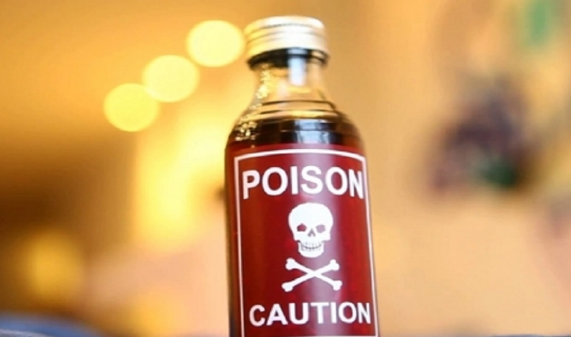

More in Politics
-


Politics
State National Guard Member Charged With Smuggling People
Texas has dispatched its National Guard to the border under Operation Lone Star, an endeavor spearheaded...
-


Politics
Former Trump Official Makes a Huge Announcement
A former United States ambassador potentially holds the solution for the GOP to regain control of...
-


Politics
Crypto-Criminal Learns His Fate After Defrauding Customers of Billions
Sam Bankman-Fried gained prominence within the cryptocurrency sphere, garnering attention for his roles in the Futures...
-


Politics
New Presidential Candidate Legally Changes Name to ‘Literally Anybody Else’
A resident from Texas is presenting an alternative choice to voters who are discontent with the...
-


Politics
Trump Scores a Big Win With Truth Social
Truth Social, the social media venture led by ex-President Donald Trump, began trading on the Nasdaq...

